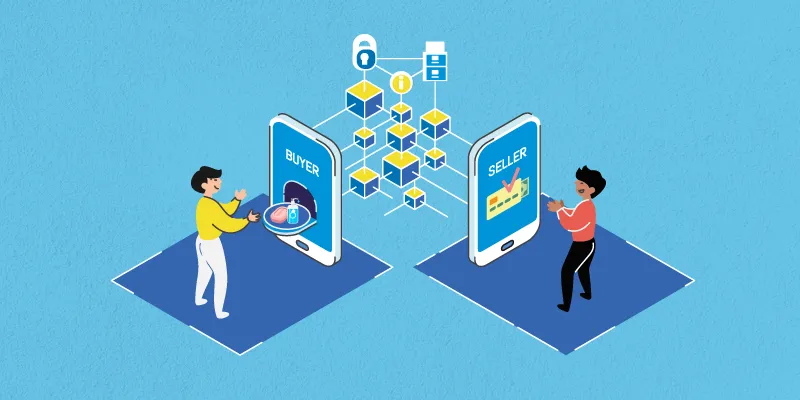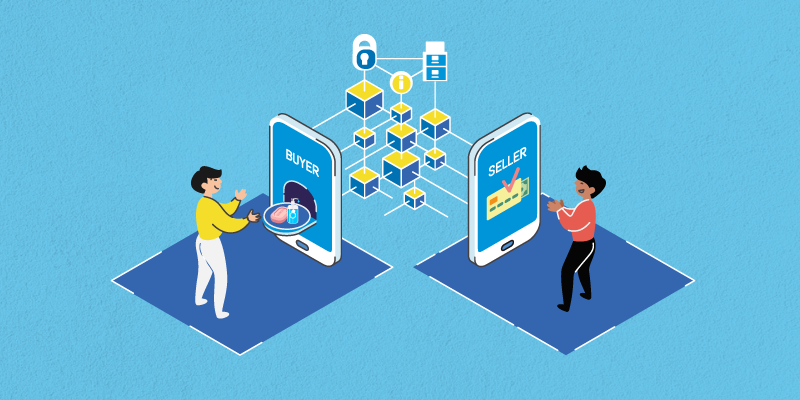1575367080560.png)
Flipkart
View Brand PublisherThis Flipkart seller’s story shows how the e-commerce industry is focusing its attention on battling the pandemic by fulfilling essential needs
The pandemic and restrictions on the sale of non-essential products have taken a toll on online sellers like Rishabh. A significant portion of his income came from the sale of cosmetics. Today, he is hard at work fulfilling orders for essentials like sanitisers and soaps so that people can stay safe
Rishabh, an engineer-turned online seller, is busy guiding his small team who are packing and shipping sanitisers, soaps, and other personal care essentials.
With the novel coronavirus pandemic wreaking havoc across the global supply chain, thousands of neighbourhood stores have run out of essential hygiene and safety products. That’s one of the key reasons online retailers selling personal care products have been given permission to extend their inventory and supply from household staples to personal safety and healthcare products.

When asked how he has been able to source sanitisers, soaps and other personal care essentials amid a market scarcity, Rishabh says, “I usually stock up products in bulk for 30-40 days so that they are readily available. This helped us keep up with the initial demand. In addition, I have always sourced my products directly from brand manufacturers. And, they have also been helpful in delivering the products on time even during this crisis period.”
For Rishabh, who retails as ‘Rising Star Retail’ on , personal care products initially contributed only 20 percent of his business. “Most of our revenues came from cosmetic products that we sold on the platform.” But, with COVID-19 and the restrictions to limit e-commerce services for essential products, Rising Star Retail’s revenues have taken a hit. But, it’s the silver lining that matters to Rishabh.
“Today, my business is playing a significant role in helping people during this pandemic. We are shipping products across the country. I am grateful that I am able to play my part, however small, in helping people stay safe.”
As much as the business is focused on meeting customer demand so that they can stay safe, it is equally focused on the health and safety of its employees. “They wear masks and gloves that we provide at work, wash and sanitise their hands regularly and follow all other mandatory hygiene routines.” In addition, the business is also taking precautionary safety measures to ensure the safety of their customers.
“Be it while receiving the products from the manufacturers, packaging or shipping the product, the employees follow the standard hygiene protocol to avoid the spread of virus during the shipment,” says the online seller.
Based in New Delhi, Rishabh fulfils orders for at least 500 units of these personal care essential products with a two-member team. “I have limited the number of employees who have come to work so that the others can stay at home as much as possible.” Rising Star Retail is otherwise a 10-member team
From an engineer to an online seller
Rishabh’s journey as an online seller was one that began just as an experiment. As someone who aspired to become an engineer and went on to fulfil that dream, Rishabh says, “I was never happy at work, even though I thought it was what I had always wanted to do.” The continued dissatisfaction at work saw Rishabh taking inspiration from his uncle who retailed gemstones online. “In 2018, I started selling online. Initially, I didn’t know which category I wanted to foray into. So, I experimented with selling books, mobiles, personal care products and cosmetics. When I saw good traction from the latter two categories, I decided to stick with it.”
In a span of just about two years, Rishabh’s business has grown phenomenally from just 5-10 product listings to 200+ today. While Rishabh retails majorly on Flipkart, his business is also present across several other e-commerce platforms. “I used to make Rs 30 lakh a month,” says Rishabh. But, with the COVID-19 restriction on non-essentials on e-commerce businesses, that has plummeted drastically. But he continues to stay upbeat.
He says, “You have to look at the interest of the country and its people. Thousands of them are not able to step out. Thousands of others don’t have access to these essential products in their neighbourhood. And, as a seller, I am helping these people and thereby the country in the fight against a pandemic. I am wearing the badge of a Flipkart seller with pride.”
Rishabh is one of the many sellers Flipkart is working closely with to help them continue their services during the lockdown and cater to essential needs. The team is taking stock of sellers who can continue to operate and thereby enable long-term sustenance of the businesses. The company has also extended all the ongoing services and campaigns on the platform by sellers and allowed them benefits under their Growth Capital programme (a programme designed specifically to enable independence for MSMEs who operate online) to support their financial needs, among others.
In addition, Flipkart is making a sustained effort to ensure that all their seller partners are aware of the precautionary measures and are following all safety standards while working and preparing the products for delivery. Regular health advisories are sent to them, as mentioned on the official website of the Ministry of Health and Family Welfare, Government of India.
While COVID-19 might have put e-commerce marketplaces in a difficult spot, and thereby the businesses that depend on them, it is interesting to see how the e-commerce industry is trying its best to stay together and focusing its attention on how it can contribute and address the COVID-19 emergency.






